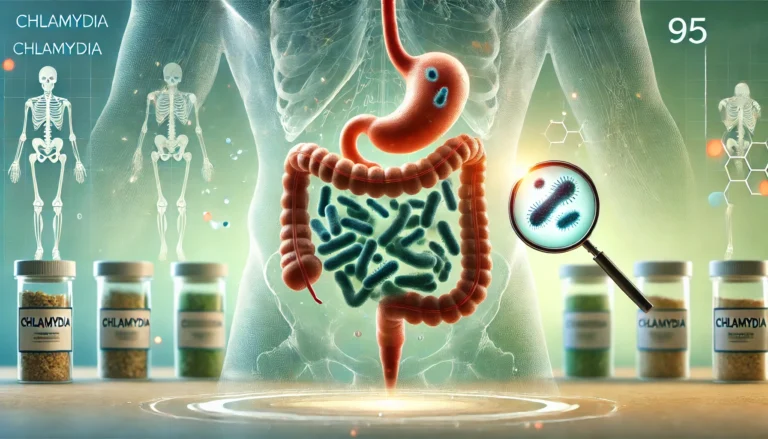Lincoln Reports First-Ever Rabies Case in a Fox
Lincoln, Nebraska, has reported its first-ever case of rabies in a fox, raising concerns about public health and wildlife safety. Rabies, a viral disease affecting the nervous system, is typically transmitted through the saliva of infected animals. This significant event underscores the importance of awareness and preventive measures to protect both humans and animals. This blog post provides an overview of the situation, the risks associated with rabies, and steps you can take to stay safe.
The Incident in Lincoln
According to a recent report by Journal Star, Lincoln Animal Control has confirmed the presence of rabies in a fox found in the city. This marks the first known instance of rabies in a fox within Lincoln, prompting local authorities to issue warnings and reminders about rabies prevention. The infected fox was captured and tested after exhibiting unusual behavior, a key indicator of rabies in wildlife.
Understanding Rabies
Rabies is a deadly virus that affects the central nervous system of mammals. It is usually transmitted through the bite or scratch of an infected animal. The virus can cause inflammation of the brain and spinal cord, leading to severe neurological symptoms and, if left untreated, death. Rabies is almost always fatal once clinical symptoms appear, but it is preventable through prompt medical treatment.
Symptoms of Rabies
In animals, rabies can cause a variety of symptoms, including:
- Unusual aggression or friendliness
- Excessive drooling or foaming at the mouth
- Difficulty swallowing
- Staggering or paralysis
- Seizures
In humans, rabies symptoms may include:
- Fever and headache
- Anxiety or confusion
- Difficulty swallowing
- Excessive salivation
- Hallucinations
- Paralysis
Preventive Measures
Preventing rabies involves both avoiding exposure to potentially rabid animals and ensuring that pets are vaccinated. Here are some key preventive measures:
- Vaccinate Pets: Ensure your pets are up-to-date on their rabies vaccinations. This is the most effective way to protect them from rabies.
- Avoid Wild Animals: Do not approach or handle wild animals, especially those that are behaving unusually.
- Secure Trash: Keep garbage securely covered to avoid attracting wild animals to your property.
- Report Unusual Behavior: If you see an animal acting strangely, contact local animal control or public health authorities immediately.
- Seek Medical Attention: If you are bitten or scratched by an animal, wash the wound thoroughly with soap and water and seek medical attention immediately.
The Role of Health Authorities
Health authorities, including the Centers for Disease Control and Prevention (CDC), play a crucial role in monitoring and controlling rabies outbreaks. The CDC provides comprehensive resources on rabies prevention and control, including guidelines for vaccination and treatment. Local health departments work closely with veterinary services to manage and respond to rabies cases.







This report about the groundbreaking rabies case in Lincoln carries both worrisome and useful information. This is a major reminder about the necessity of vaccinating pets and maintaining a keen eye regarding wildlife around us. This article performs an excellent job in explaining both the possible risks and how to prevent them. With experience in animal health, I value the importance we give to public safety as well as our concern for rabies.